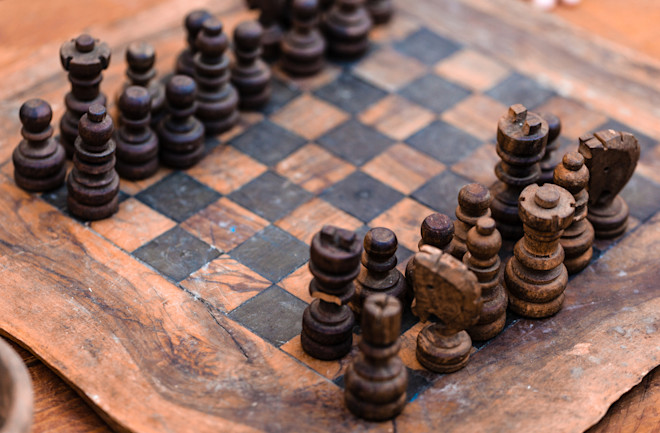The English word “puzzle” is unusual, according to Marcel Danesi, a professor of semiotics at the University of Toronto. Embracing everything from riddles and logical conundrums to mathematical problems and optical illusions, he notes that “it has no equivalent in any other language.”
That might seem to make sense — this constellation of brainteasers doesn’t obviously share much in common. But at the most basic level, all puzzles (jigsaws, crosswords, or detective novels) have a question-and-answer structure that taps directly into what Danesi calls The Puzzle Instinct.
“If you don’t get that answer, you feel a kind of void,” he says, “and when it’s finally filled you feel an intellectual catharsis.” In other words, we’re born suckers for a cognitive challenge.
The origin of this problem-solving compulsion is unclear, and we’re unlikely to pinpoint the precise moment when our ancestors started puzzling. But what we do know is that as soon as a historical record appears, puzzles start popping up around the world. Here are some of the most famous.

